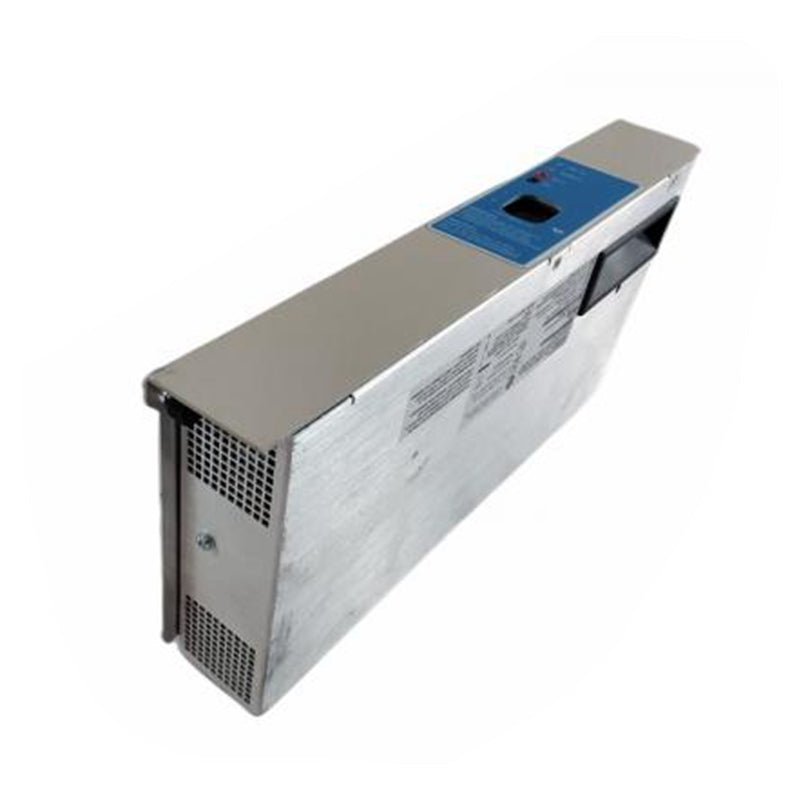Le rôle essentiel des contrôleurs industriels dans l’automatisation

Introduction aux contrôleurs industriels
Les contrôleurs industriels jouent un rôle crucial dans la gestion intelligente de la production. Ces appareils aident les entreprises à automatiser en contrôlant, en surveillant et en enregistrant divers processus industriels. En utilisant des automates programmables (PLC) comme composants de base, les entreprises peuvent gérer efficacement le contrôle des équipements et la collecte de données.
Améliorer l'efficacité de la production
Les contrôleurs industriels améliorent l’efficacité de la production grâce à la collecte et à l’analyse automatisées des données. Ils relient différentes étapes du processus de production, garantissant un partage transparent des informations et une transmission en temps réel. Cette capacité améliore non seulement la surveillance, mais renforce également les capacités de prise de décision au sein de l'organisation.
Optimiser les processus avec précision
De plus, les contrôleurs industriels peuvent optimiser la conception des flux de travail. En éliminant les étapes inutiles, ils rationalisent les opérations et augmentent la productivité. Des algorithmes tels que les contrôleurs PID permettent un contrôle précis de divers paramètres, ce qui améliore la stabilité et la fiabilité du processus. En conséquence, les organisations peuvent produire des biens plus efficacement et avec une plus grande cohérence.
Intégration des systèmes de gestion
L'intégration de systèmes de gestion de production intelligents tels que MES, ERP, WMS et QMS crée un cadre opérationnel complet. Cette gestion intégrée améliore non seulement les capacités d'exécution des commandes, mais améliore également la gestion de la qualité. En réduisant les coûts de main-d'œuvre et en minimisant les erreurs humaines, ces systèmes favorisent un environnement de production plus efficace et plus fiable.
Tirer parti de l’analyse avancée des données
De plus, les systèmes de fabrication intelligents utilisent de puissantes capacités d’analyse de données et de prédictivité. Ces analyses avancées permettent aux organisations de prendre des décisions éclairées basées sur des données en temps réel. En réduisant le besoin d'intervention manuelle, les entreprises peuvent augmenter leur efficacité opérationnelle et se concentrer sur des tâches de niveau supérieur.
Se transformer en usines intelligentes
La transformation vers des usines intelligentes repose largement sur les technologies numériques et l’intelligence artificielle. Ces technologies permettent une gestion intelligente des processus de production, ce qui améliore considérablement la productivité. Ce changement brise non seulement les limites des services informatiques traditionnels, mais favorise également l'évolution intelligente de l'industrie manufacturière.
Conclusion
En conclusion, les contrôleurs industriels contribuent de manière significative à l’automatisation des processus de production. Grâce à leurs diverses applications (contrôle des équipements, analyse des données, optimisation des flux de travail, gestion intégrée et transformation numérique), ils permettent aux organisations d'améliorer l'efficacité de la production et la gestion de la qualité. À mesure que les industries continuent d’adopter l’automatisation, le rôle de ces contrôleurs ne fera que croître, les positionnant comme des outils essentiels dans la quête de l’excellence opérationnelle.

























